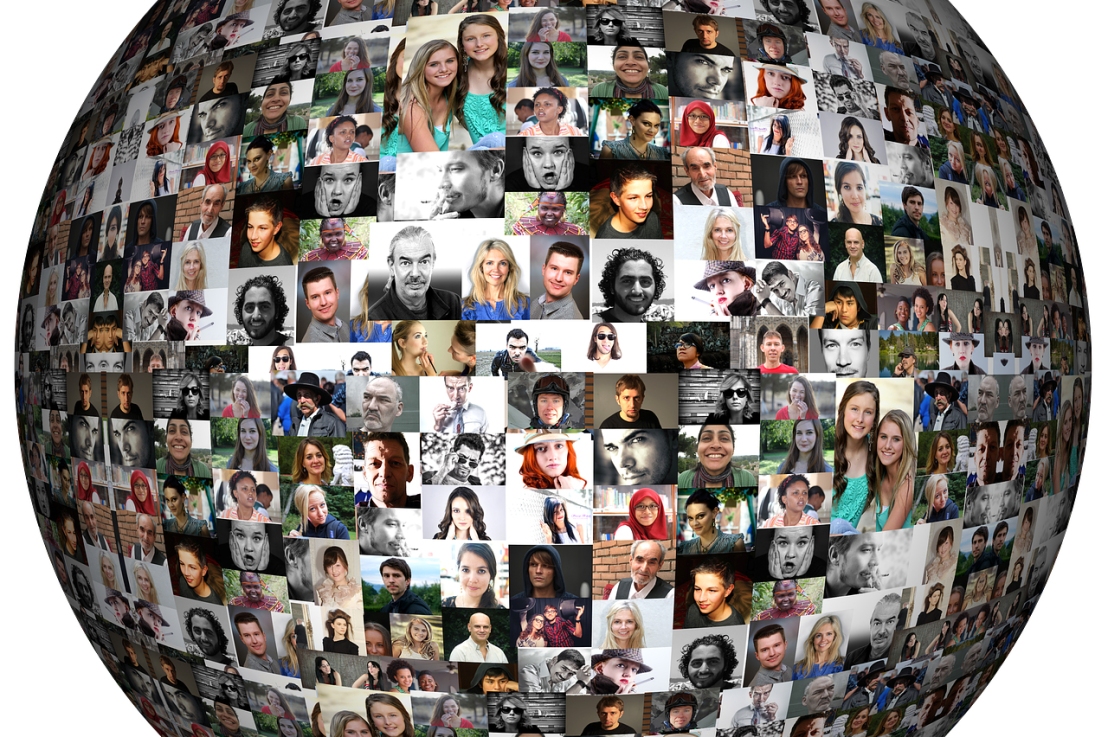Are you ever in the midst of an argument and wonder why you are even arguing? Is the argument even logical?
While there are some disagreements that deserve healthy debates, there are many others we encounter that are truly unacceptable. These arguments end in one, or both parties, being demoralized, hurt, or lied to. Some even end in physical violence.
How does Negative Thinking Affect Arguments?
Negative People are all around us, in fact, there are days even the most positive people become negative.
Scenario
Positive Person: Hi, Those boxes really look heavy and it’s icy out. Do you need some help carrying them?
Negative Person: What?? I’m fine!!
Positive Person: Ok, just checking. I didn’t want you to fall.
Negative Person: Do I look weak or something? I’m a lot stronger than you. I think I’ll be just fine. Mind your own business.
…
If the above scenario plays out between members of an unhealthy marriage something this simple can end in a drawn out, very verbal, and possible physical fight.
Negative thinking causes a person to feel attacked right away. The positive person sees nothing wrong with what they are asking and in no way thinks the other person is weak. They truly want to help because they know they personally would have wanted help if they were in that same situation. This is very important to understand, “they personally would have wanted help if they were in that same situation”.
This negative thinking can come from many places. Low self esteem, a recent loss in the family, a recent accident, etc. In that moment, if a person feels bad about themselves they easily misconstrue what others are saying to them.
Why are you truly arguing about? Is it reasonable?
Make sure you are not the negative person. If you feel frustration from someone asking a question step back and think. Is there a positive side to what they are asking? What are you feeling? Where are those feelings coming from?
If you regularly find yourself in these types of arguments understand that your reaction may be the cause. You are not a bad person, we all do it from time to time. Get help for what is causing you to feel so negative. Negative thinking is very unhealthy, both physically and mentality. It gets in the way of your life!
Are you encountering a negative thinking person? If so, understand where the feelings may be coming from and back off from the conversation. Don’t pursue it. You may have felt hurt by the response, but don’t fight back. Understand where the response came from and do not take it personally. Comments in these arguments are not often meant. It’s not easy to let it go, but it’s a lot easier than escalating the fight until it’s even more out of control.
You will find the world around you becomes more positive as you heal from the negative thoughts.
How Do You remove negative thoughts from your mind?
Stop Unhealthy Arguments. Pick your battles.
Peace!









